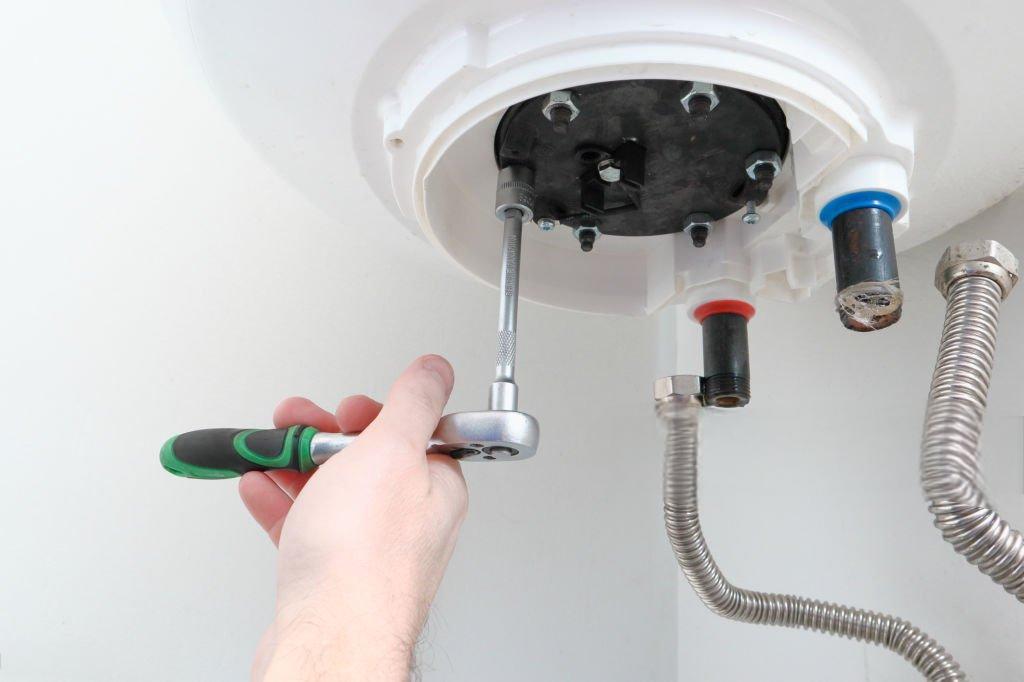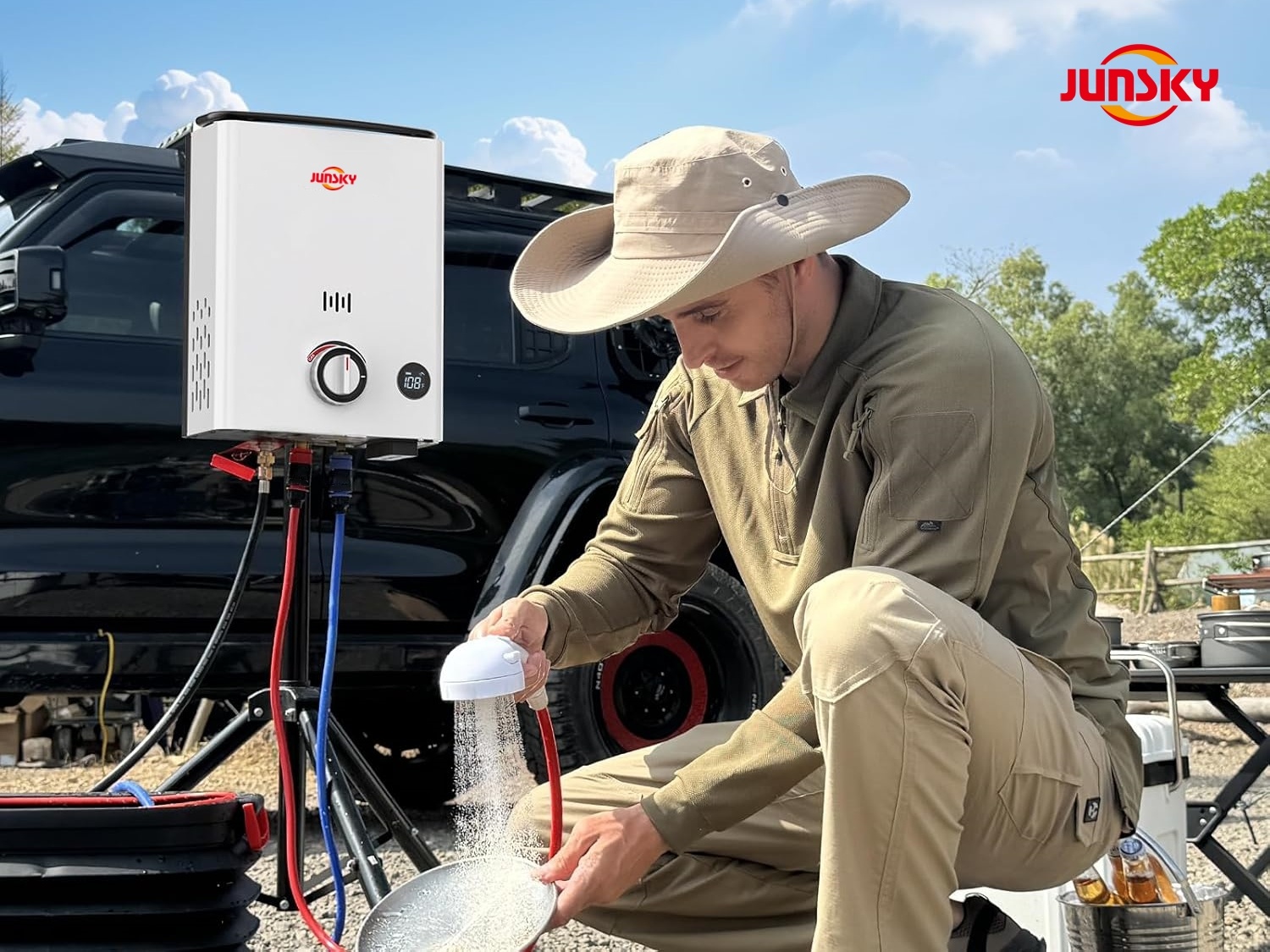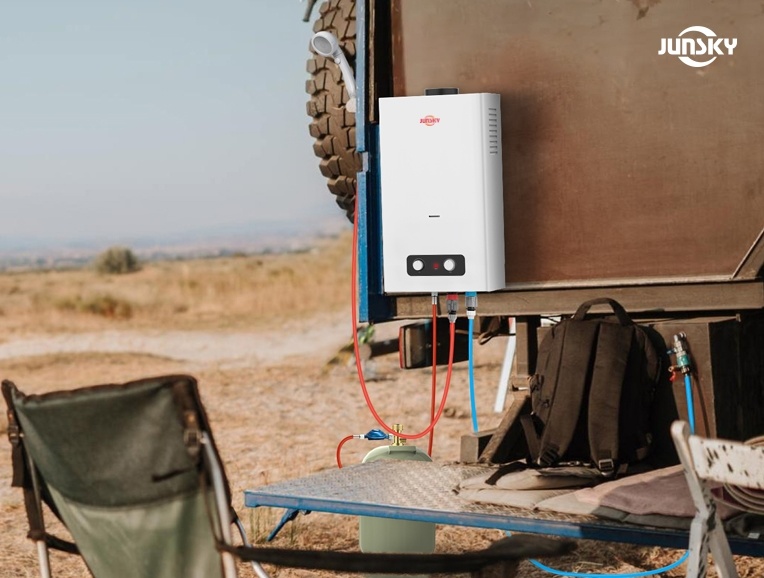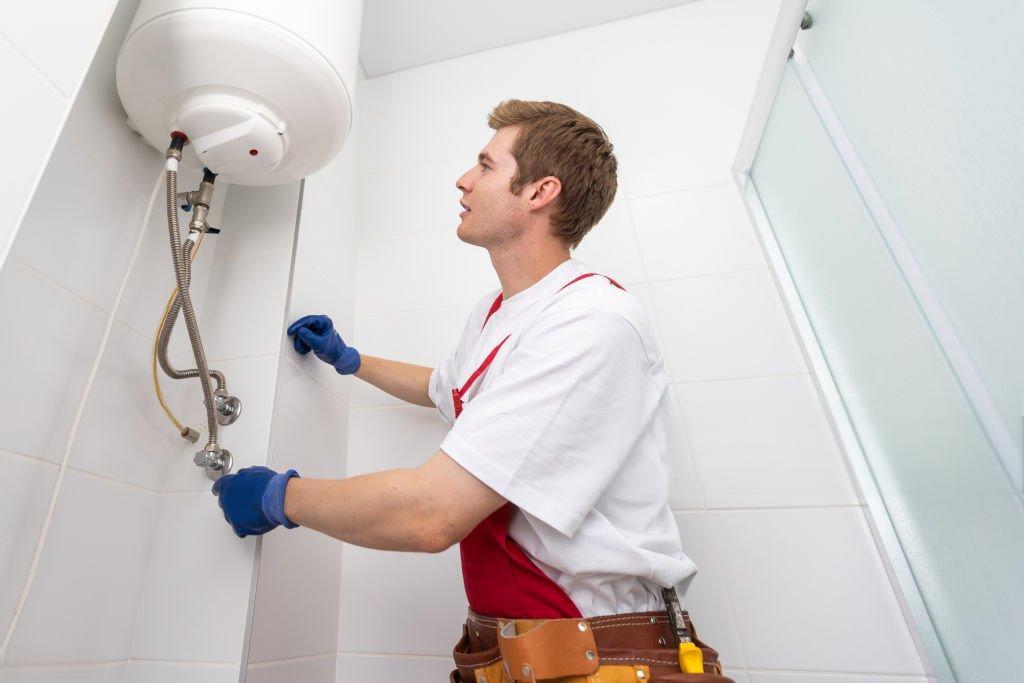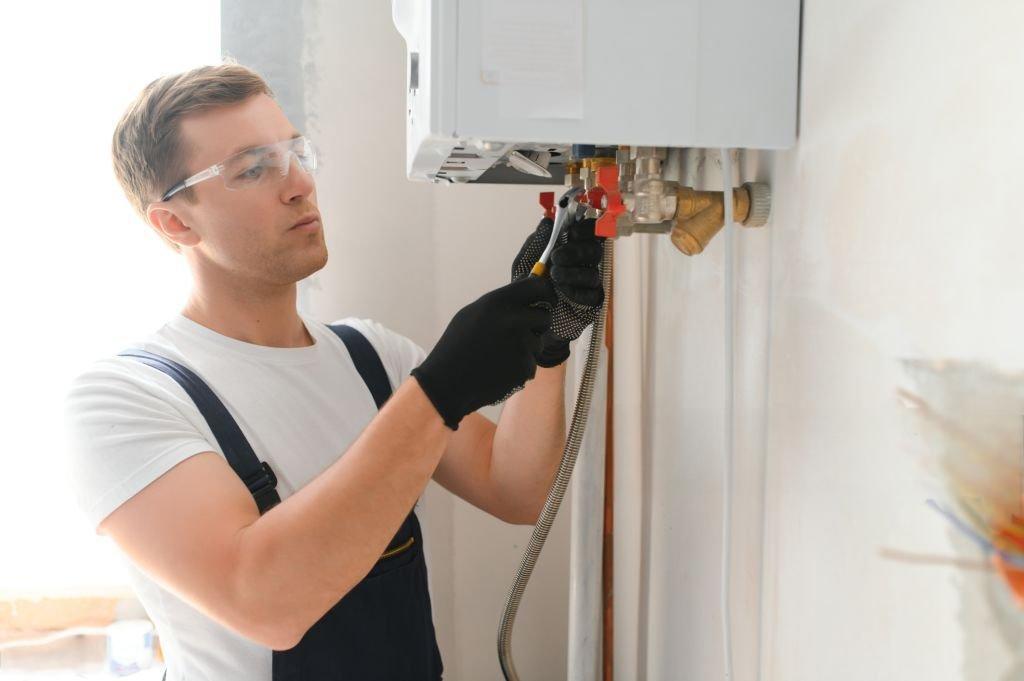How Tankless Water Heaters Work: A Modern Solution for Endless Hot Water
2025-03-07
Tankless water heaters provide hot water on demand by heating it directly as it flows through the unit, eliminating the need for a storage tank. They use gas burners or electric coils to instantly warm water when a tap is turned on. Benefits include endless hot water, energy savings, and space efficiency, though they have higher upfront costs and may struggle with high simultaneous usage. Ideal for modern homes, they offer long-term efficiency and convenience.
Tired of running out of hot water during showers? Tankless water heaters, also known as on-demand water heaters, provide a continuous supply of hot water without the need for a bulky storage tank. But how do they work? Let’s break it down.
The Basics of Tankless Water Heaters
Unlike traditional water heaters that store and constantly reheat water in a tank, tankless models heat water directly as it flows through the unit. When you turn on a hot water tap, cold water enters the heater, where either a gas burner or an electric heating element rapidly heats it before delivering it to your faucet or shower.
Key Components
1. Flow Sensor – Detects water movement and activates the heating mechanism.
2. Heat Exchanger – Transfers heat from the energy source (gas or electricity) to the water.
3. Control Panel – Allows temperature adjustment and system monitoring.
Gas vs. Electric Models
1. Gas-powered heaters use a burner to heat water and require proper venting for exhaust gases. They typically deliver higher flow rates, making them ideal for larger households.
2. Electric models use heating coils and are more compact, easier to install, and energy-efficient but may struggle with high demand in larger homes.
Benefits of Going Tankless
✔ Endless Hot Water – No more waiting for a tank to refill.
✔ Energy Savings – Only heats water when needed, reducing standby heat loss.
✔ Space-Saving – Compact design frees up storage space.
✔ Longer Lifespan – Typically lasts 20+ years with proper maintenance.
Potential Drawbacks
✖ Higher Upfront Cost – More expensive than traditional tanks.
✖ Limited Flow Rate – May struggle if multiple fixtures are used simultaneously.
Final Thoughts
Tankless water heaters offer an efficient, space-saving solution for modern homes. While they require a larger initial investment, their energy savings and convenience make them a smart long-term choice.
Would you switch to a tankless system? Let me know in the comments!
TAG:
Related Blog


